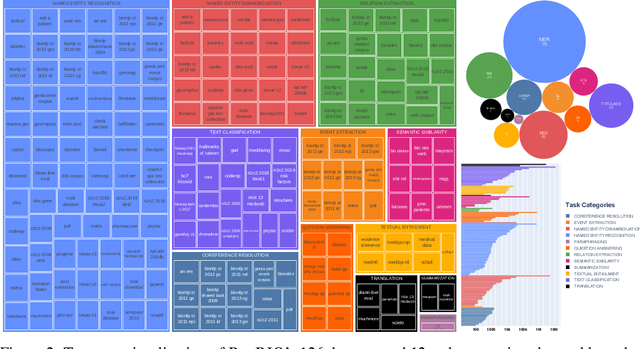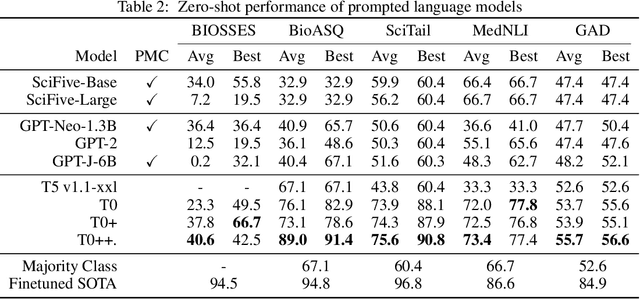Théo Gigant
L2S
Summarization of Multimodal Presentations with Vision-Language Models: Study of the Effect of Modalities and Structure
Apr 14, 2025Abstract:Vision-Language Models (VLMs) can process visual and textual information in multiple formats: texts, images, interleaved texts and images, or even hour-long videos. In this work, we conduct fine-grained quantitative and qualitative analyses of automatic summarization of multimodal presentations using VLMs with various representations as input. From these experiments, we suggest cost-effective strategies for generating summaries from text-heavy multimodal documents under different input-length budgets using VLMs. We show that slides extracted from the video stream can be beneficially used as input against the raw video, and that a structured representation from interleaved slides and transcript provides the best performance. Finally, we reflect and comment on the nature of cross-modal interactions in multimodal presentations and share suggestions to improve the capabilities of VLMs to understand documents of this nature.
Mitigating the Impact of Reference Quality on Evaluation of Summarization Systems with Reference-Free Metrics
Oct 08, 2024



Abstract:Automatic metrics are used as proxies to evaluate abstractive summarization systems when human annotations are too expensive. To be useful, these metrics should be fine-grained, show a high correlation with human annotations, and ideally be independent of reference quality; however, most standard evaluation metrics for summarization are reference-based, and existing reference-free metrics correlate poorly with relevance, especially on summaries of longer documents. In this paper, we introduce a reference-free metric that correlates well with human evaluated relevance, while being very cheap to compute. We show that this metric can also be used alongside reference-based metrics to improve their robustness in low quality reference settings.
BLOOM: A 176B-Parameter Open-Access Multilingual Language Model
Nov 09, 2022Abstract:Large language models (LLMs) have been shown to be able to perform new tasks based on a few demonstrations or natural language instructions. While these capabilities have led to widespread adoption, most LLMs are developed by resource-rich organizations and are frequently kept from the public. As a step towards democratizing this powerful technology, we present BLOOM, a 176B-parameter open-access language model designed and built thanks to a collaboration of hundreds of researchers. BLOOM is a decoder-only Transformer language model that was trained on the ROOTS corpus, a dataset comprising hundreds of sources in 46 natural and 13 programming languages (59 in total). We find that BLOOM achieves competitive performance on a wide variety of benchmarks, with stronger results after undergoing multitask prompted finetuning. To facilitate future research and applications using LLMs, we publicly release our models and code under the Responsible AI License.
BigBIO: A Framework for Data-Centric Biomedical Natural Language Processing
Jun 30, 2022



Abstract:Training and evaluating language models increasingly requires the construction of meta-datasets --diverse collections of curated data with clear provenance. Natural language prompting has recently lead to improved zero-shot generalization by transforming existing, supervised datasets into a diversity of novel pretraining tasks, highlighting the benefits of meta-dataset curation. While successful in general-domain text, translating these data-centric approaches to biomedical language modeling remains challenging, as labeled biomedical datasets are significantly underrepresented in popular data hubs. To address this challenge, we introduce BigBIO a community library of 126+ biomedical NLP datasets, currently covering 12 task categories and 10+ languages. BigBIO facilitates reproducible meta-dataset curation via programmatic access to datasets and their metadata, and is compatible with current platforms for prompt engineering and end-to-end few/zero shot language model evaluation. We discuss our process for task schema harmonization, data auditing, contribution guidelines, and outline two illustrative use cases: zero-shot evaluation of biomedical prompts and large-scale, multi-task learning. BigBIO is an ongoing community effort and is available at https://github.com/bigscience-workshop/biomedical
 Add to Chrome
Add to Chrome Add to Firefox
Add to Firefox Add to Edge
Add to Edge